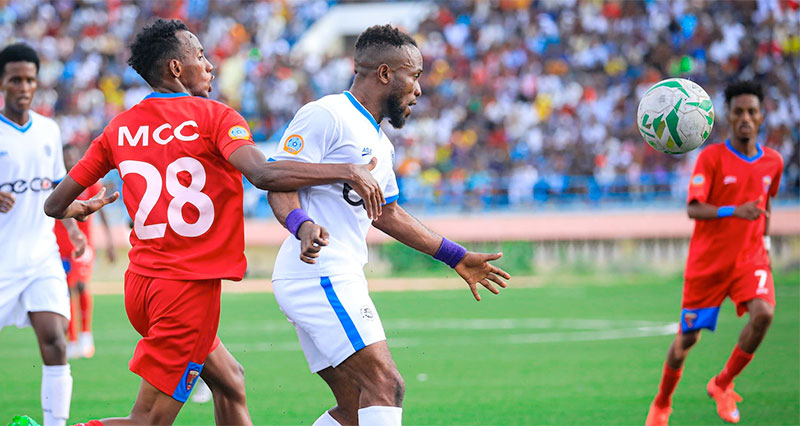Overtraining syndrome occurs when you are just doing too much. It is often caused by excessive high-intensity training with insufficient rest periods. This results in feelings of constant tiredness, reduced performance, neural and hormonal changes, mood swings and frequently poor health. Here we explain the signs and causes of overtraining.
What is overtraining syndrome?
Overtraining syndrome is the result of overtraining! It is a neuroendocrine disorder (meaning it affects nerves and hormones). It has sometimes previously been termed ‘burnout’ and ‘staleness’.
Overload and training
The principle of overload must be applied to any training program if you are to improve. This means applying increasing loads of whatever your chosen sport or training activity is. However, this is only true if you allow adequate rest and recovery.
You are not training when you train, you are training when you train and allow your body to recover and grow back stronger.
When too little rest is allowed, the benefits of training are reduced or even completely diminished. As a result, performance suffers.
Catching it early
If you notice your performance is static, or you are getting worse then you might be overtraining. If you act early, you will recover early. Resting for 1-2 weeks should make any feelings of fatigue and other symptoms disappear. Then you can return to full training with the incorporation of plenty of rest.
If you don’t recognise overtraining
However, when performance starts to suffer, some athletes start to train even harder in an attempt to improve. This leads to further impairment of results, more increases in training and so on. This is a vicious cycle of poor performance and increased training.
What are the Symptoms of Overtraining?
Fatigue is the first symptom to become apparent. This is usually followed by any number of other symptoms:
- Increased morning heart rate and blood pressure
- Decreased maximal heart rate
- Frequent illnesses such as upper respiratory tract infections
- Persistent muscles soreness
- Weight loss
- Lack of motivation – be honest with yourself. Are you just training out of habit?
- Loss of appetite
- Disturbed sleep patterns
- Irritability – are you grumpy and upsetting others too much?
- Depression
- You get far too many sports injuries.
Further investigations may find:
- Haematological changes (blood content)
- Hormonal changes
- Changes in the blood lactate threshold and concentration at a given exercise intensity
- Neuroendocrine changes (elevated plasma noradrenaline and decreased excretion)
How to Deal with Overtraining
- Once overtraining is suspected, you should keep a daily diary. This should include information about stress levels, fatigue, sleep quality, training details, perceived exertion during training and muscle soreness.
- The real key to recovery from overtraining syndrome and prevention of a reoccurrence is education. You need to understand the importance of rest in the training cycle and the negative effects of excessive overtraining.
- A period of complete rest is recommended in the short term, with sleep being emphasised over the first 48 hours. In less severe cases, this alone may be enough to eliminate symptoms and re-invigorate the athlete. More complex cases will require further rest, relaxation techniques, attention to dietary and fluid intake and even psychological support.
References & further reading:
- Novel insights of overtraining syndrome discovered from the EROS study. Flavio A Cadegiani and Claudio Elias Kater. BMJ Open Sport Exerc Med. 2019; 5(1): e000542.




